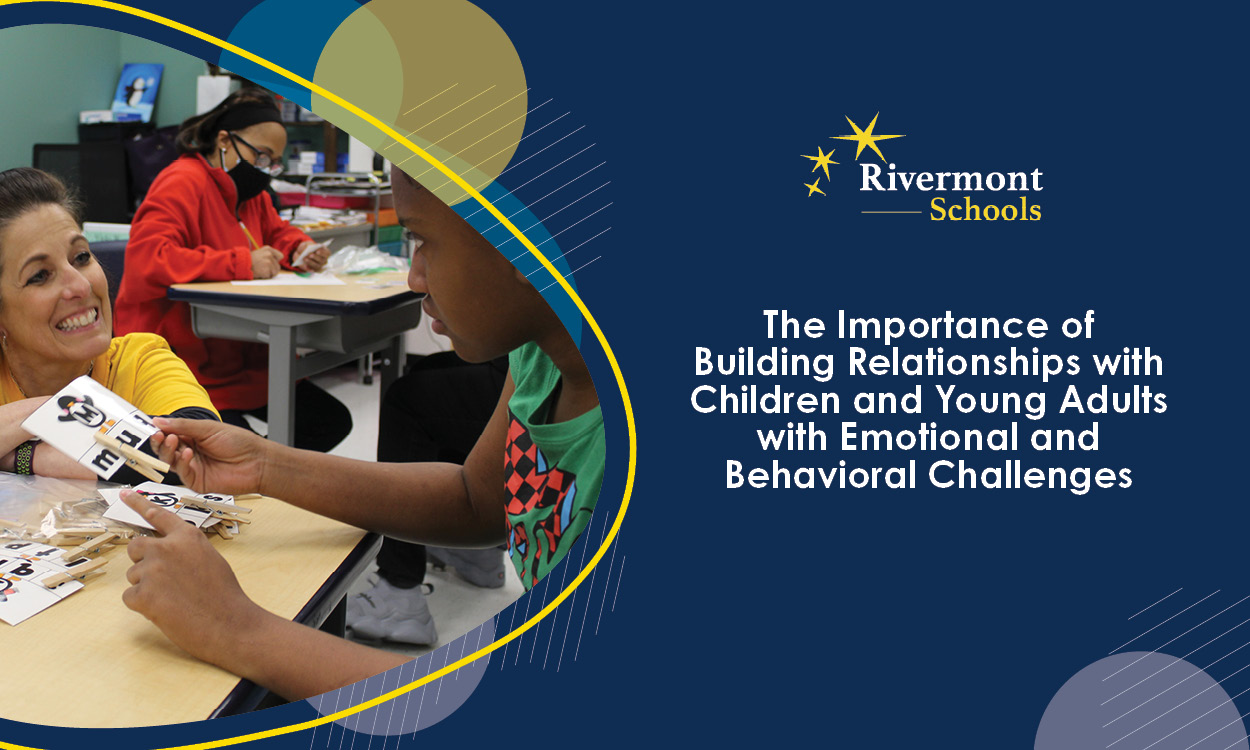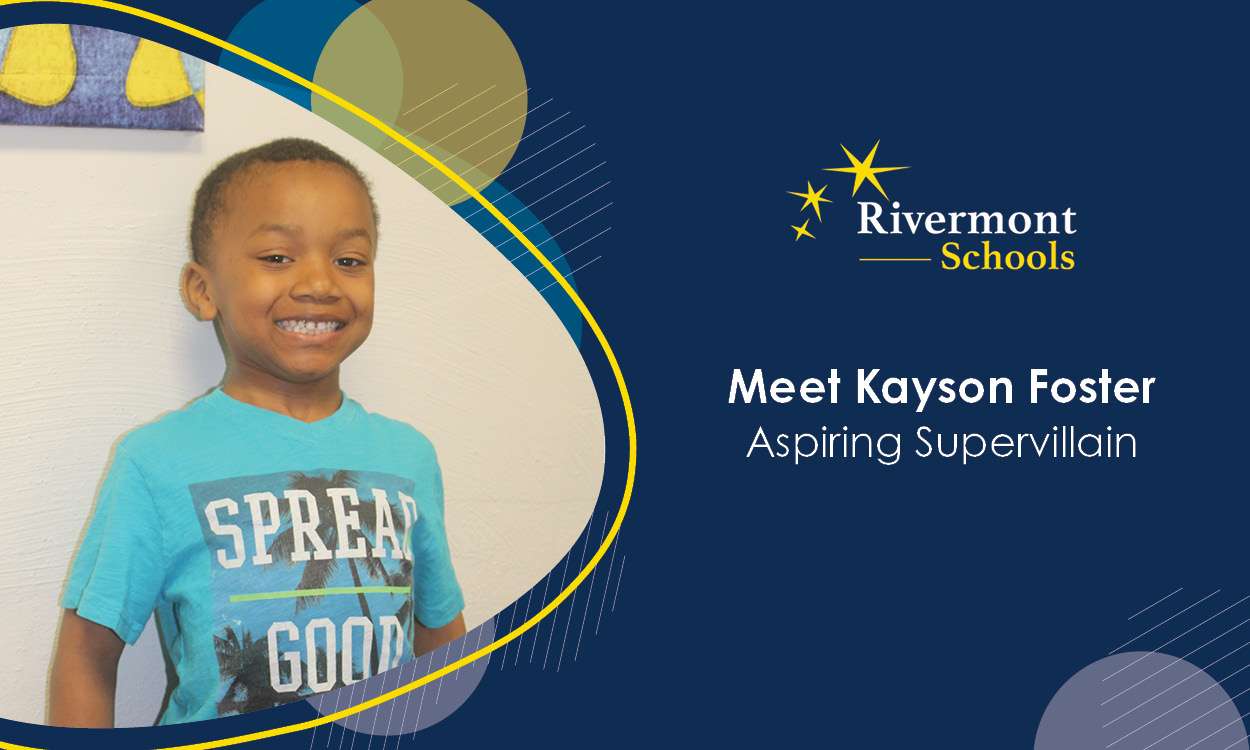The Importance of Building Relationships with Children and Young Adults with Emotional and Behavioral Challenges
Posted: March 13, 2024 | Written By: Sharmin Hossain | Category:

Written by Nate Crowley, PBIS-L with 15 years of experience working with 5- to 22-year-olds with emotional/behavioral challenges for Rivermont Schools
Building relationships with children and young adults is the key factor in supporting anyone through challenges, especially individuals with emotional and/or behavioral difficulties. Through many experiences working within the mental health field and learning better ways to help serve their needs, building healthy relationships became my number one priority when I’m first introduced to a new student or client. My education as a Mandt trainer, a person who teaches others how to de-escalate others in high stress situations, further displayed the importance of relationships with those who have emotional/behavioral challenges for me.
Children and young adults with these challenges often take longer to trust individuals in authority roles and need more time to acclimate to new people, often associated with people who have suffered severe trauma in their life. Before imposing rules, consequences, and having more negative interactions with these individuals, building a positive, healthy relationship will go further in supporting them. Many caregivers and professionals have immediate expectations of reciprocal respect. However, this way of thinking often only worsens problem behaviors being displayed. The most effective method of support is to gain trust by showing students consistent, predictable, positive relational behaviors.
Some children and young adults do not have healthy relationships modeled for them outside of school, and may repeat negative, attention-seeking cycles they are accustomed to at home. Taking the time to learn what their likes and dislikes are, and showing genuine interest in them as individuals, are first steps in gaining the trust necessary to support students through difficult situations. Some examples of building connection include identifying what motivates a student like being excited to talk about things that they show interest in, and focusing on what a student is doing “right,” not with what they are doing “wrong.” Through developing these connections, students will feel that someone is invested in them and give them a better understanding of a positive relationship, ultimately reducing the negative behavior the person has used in the past to either gain attention or be able to avoid a situation.
Rivermont Schools has used Mandt training as the chosen de-escalation technique for the past 20 years. The training teaches staff how to deal with escalated situations and be able to support students while utilizing the least restrictive method available to staff. A key component of the Mandt system is building healthy relationships. As an employee of Rivermont for the past 15 years, I have found that this is the most essential element for a student to be able to succeed in a school environment. Without trust established between students and educators, behaviors only escalate or worsen over time within the classroom or program. Focusing energy on building relationships upfront will provide the trust you need later to support that person with the best outcomes possible.








